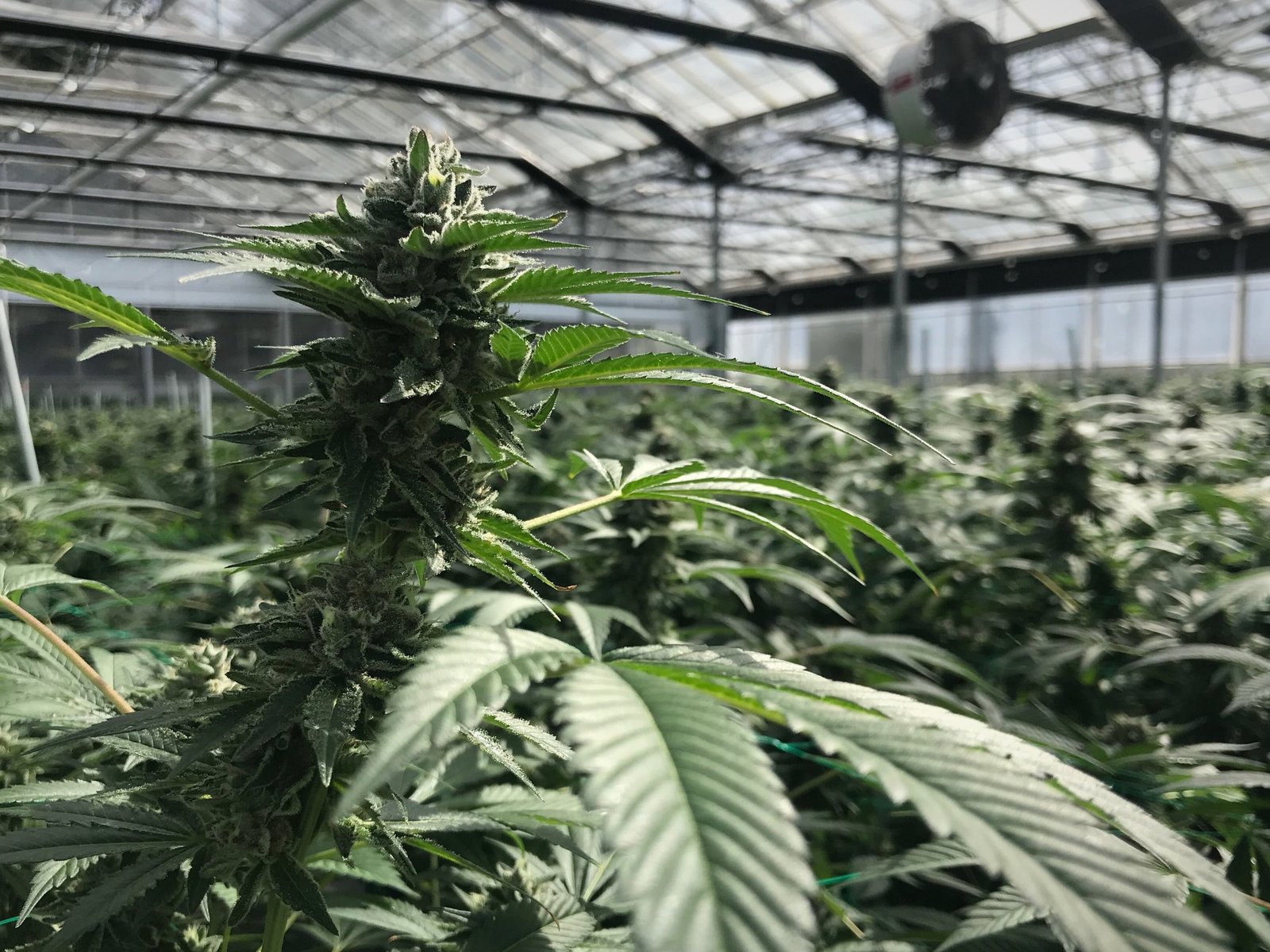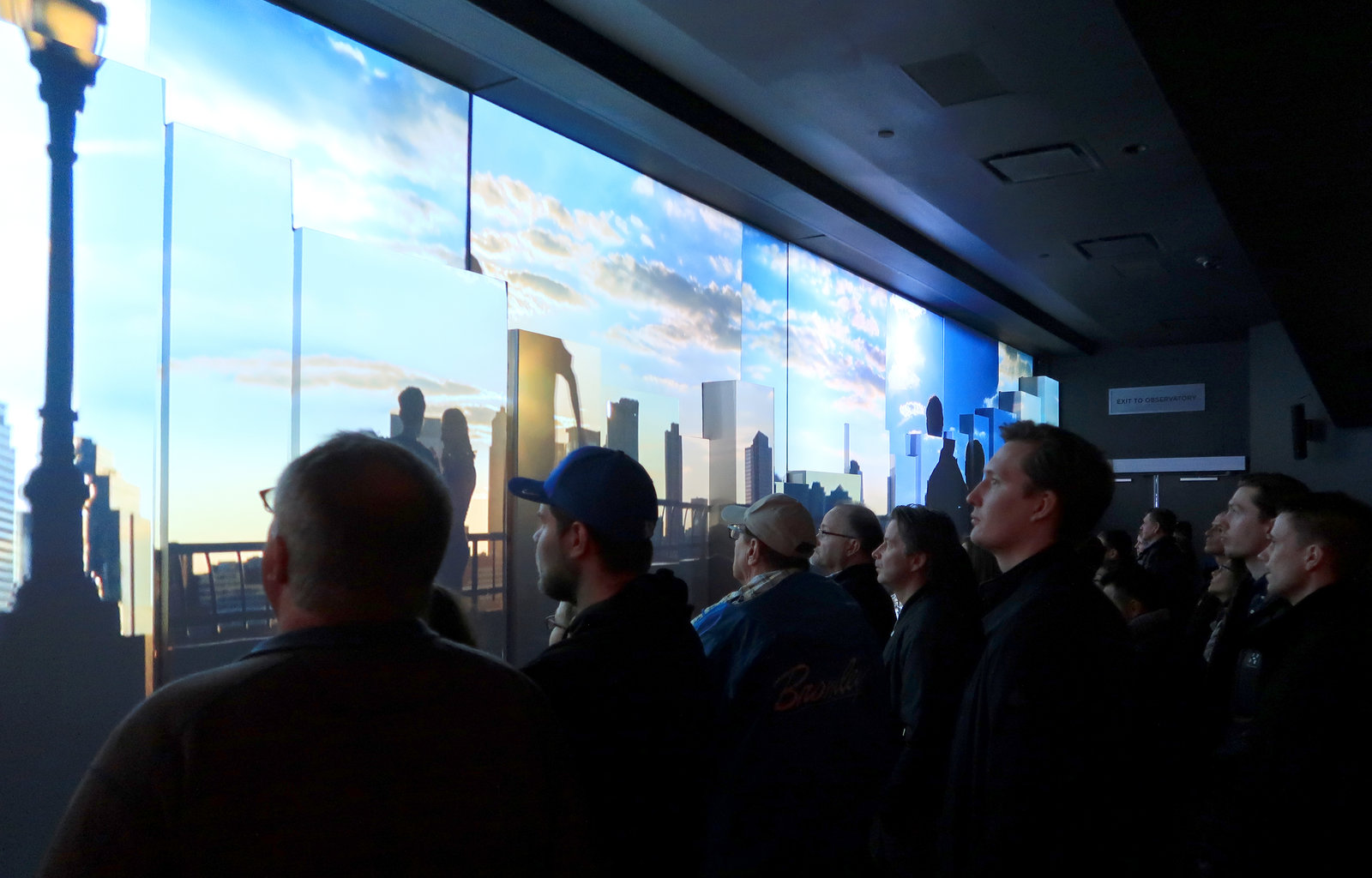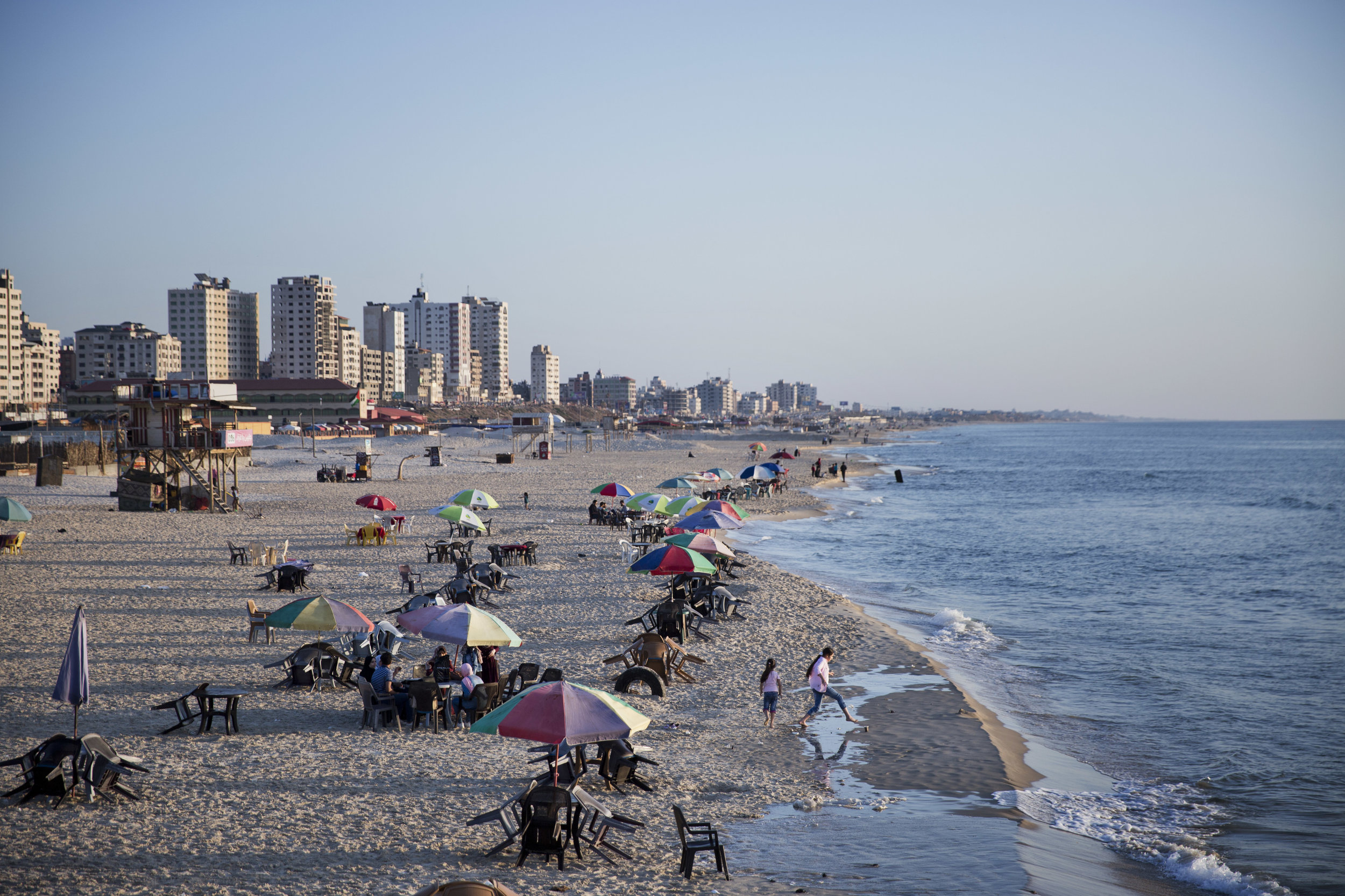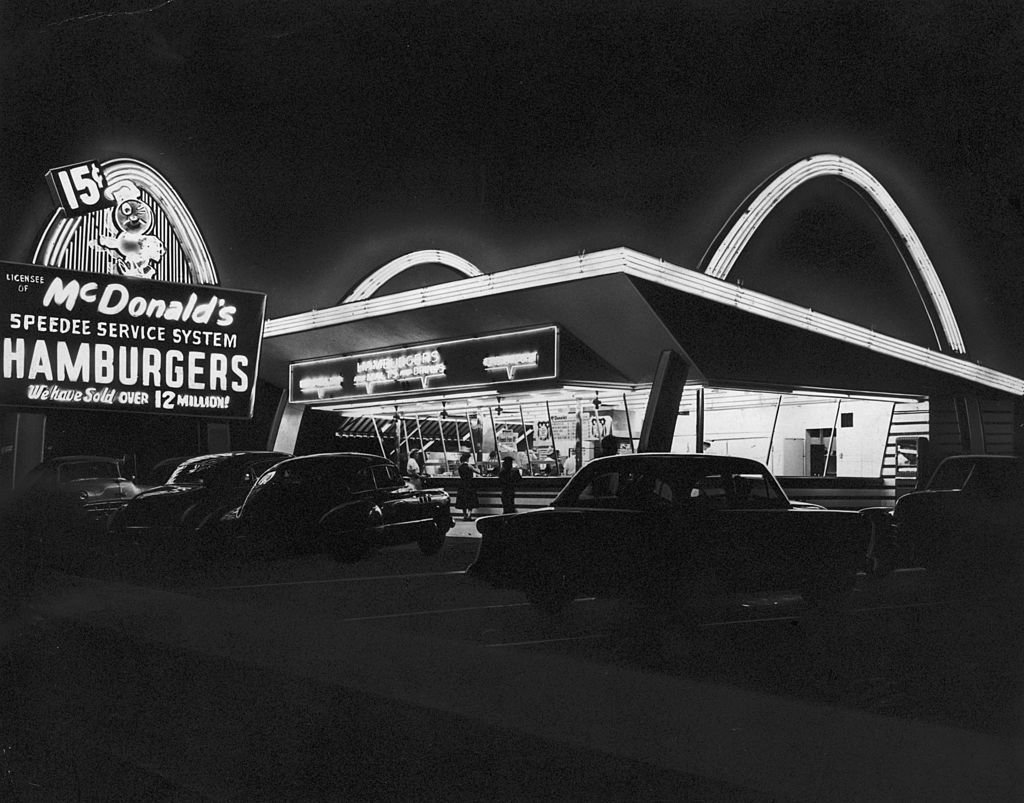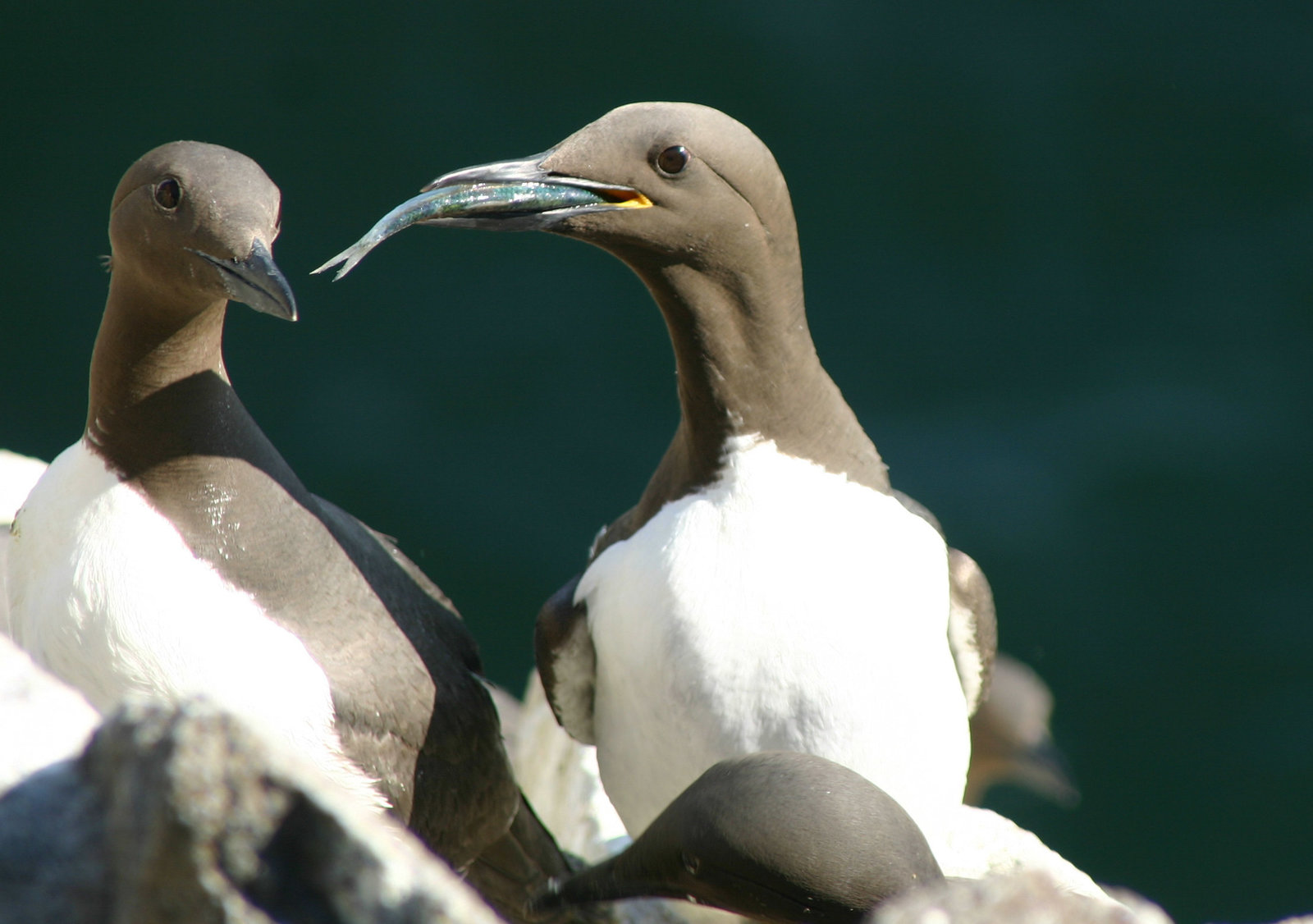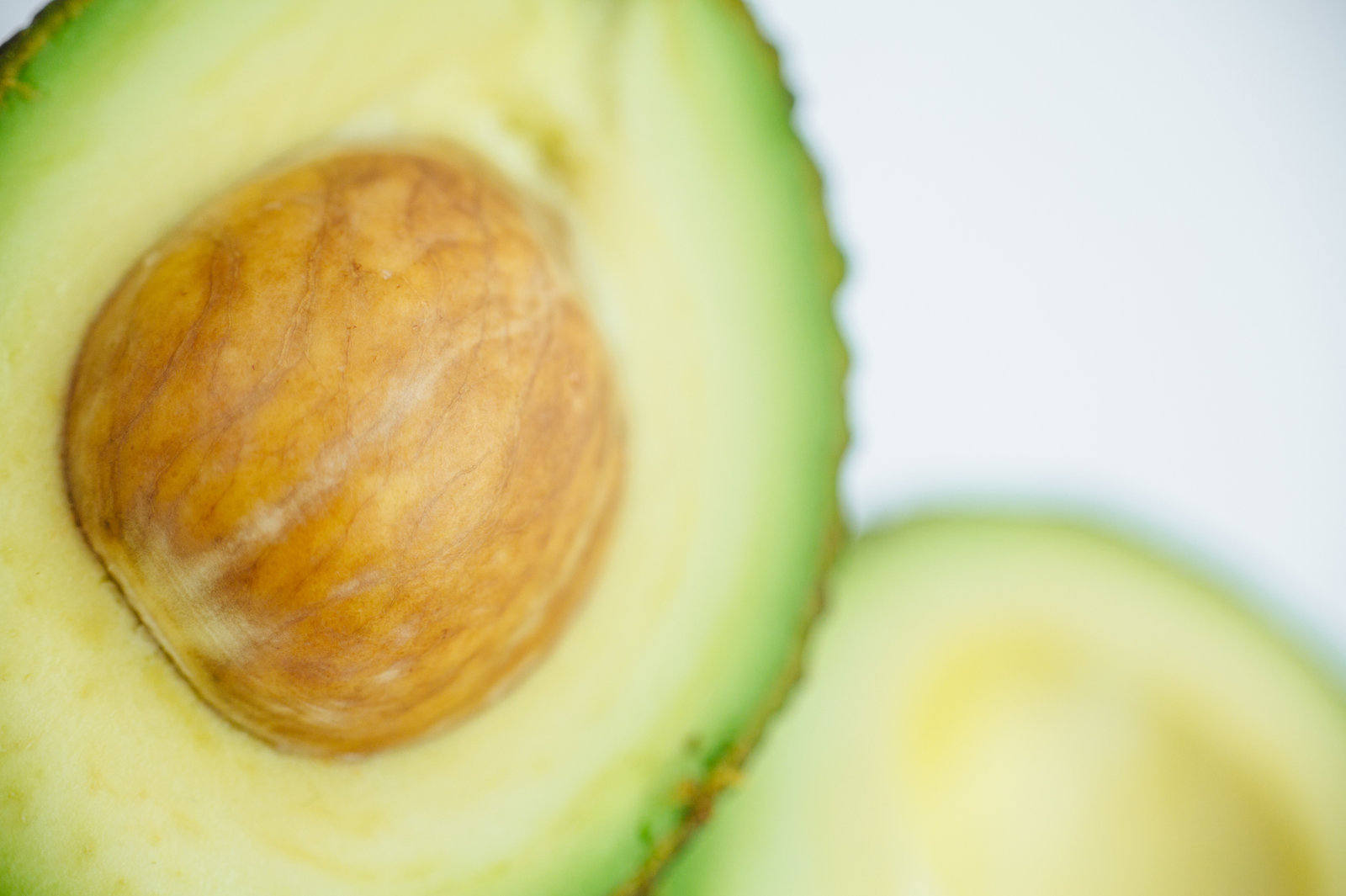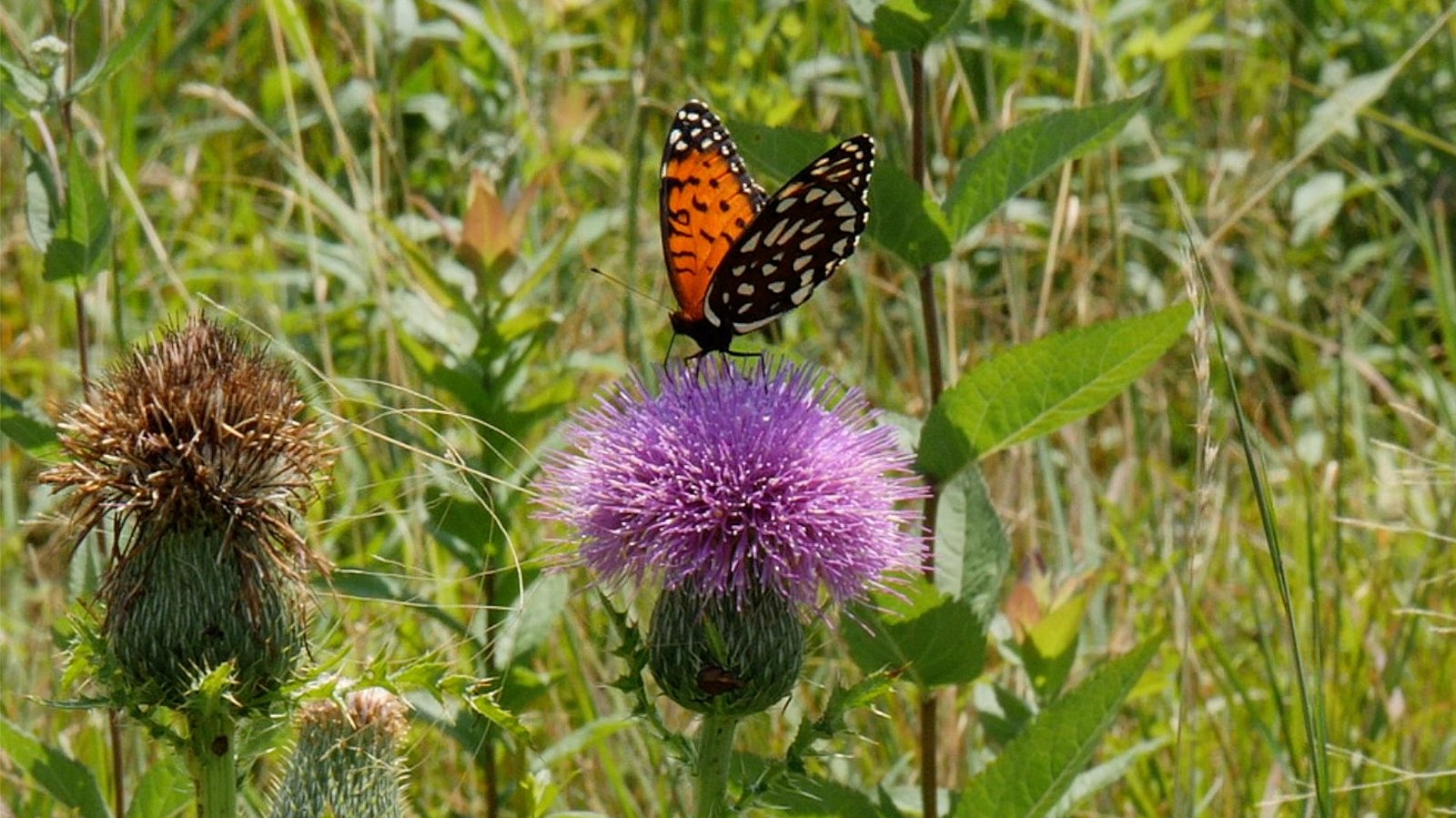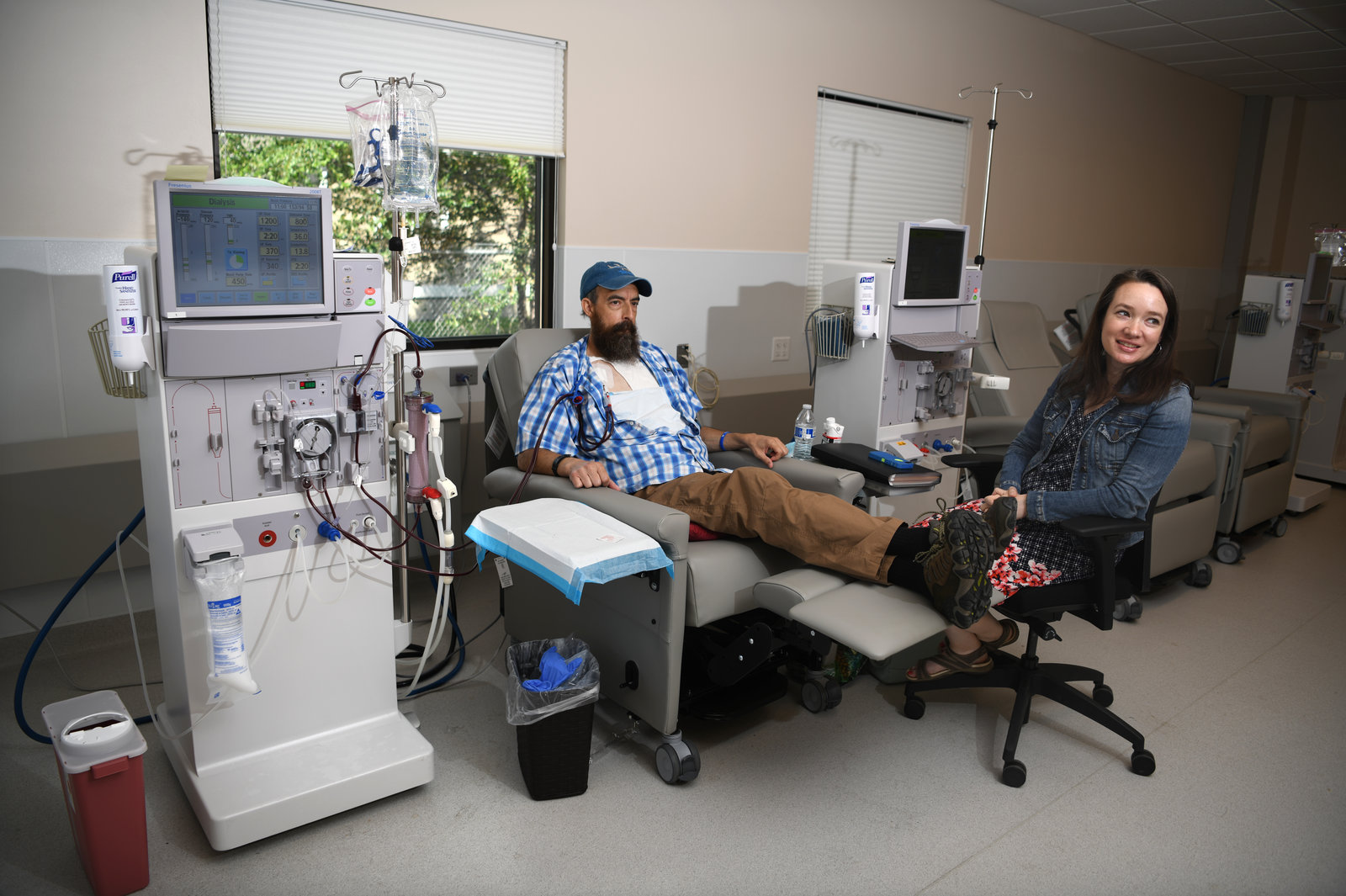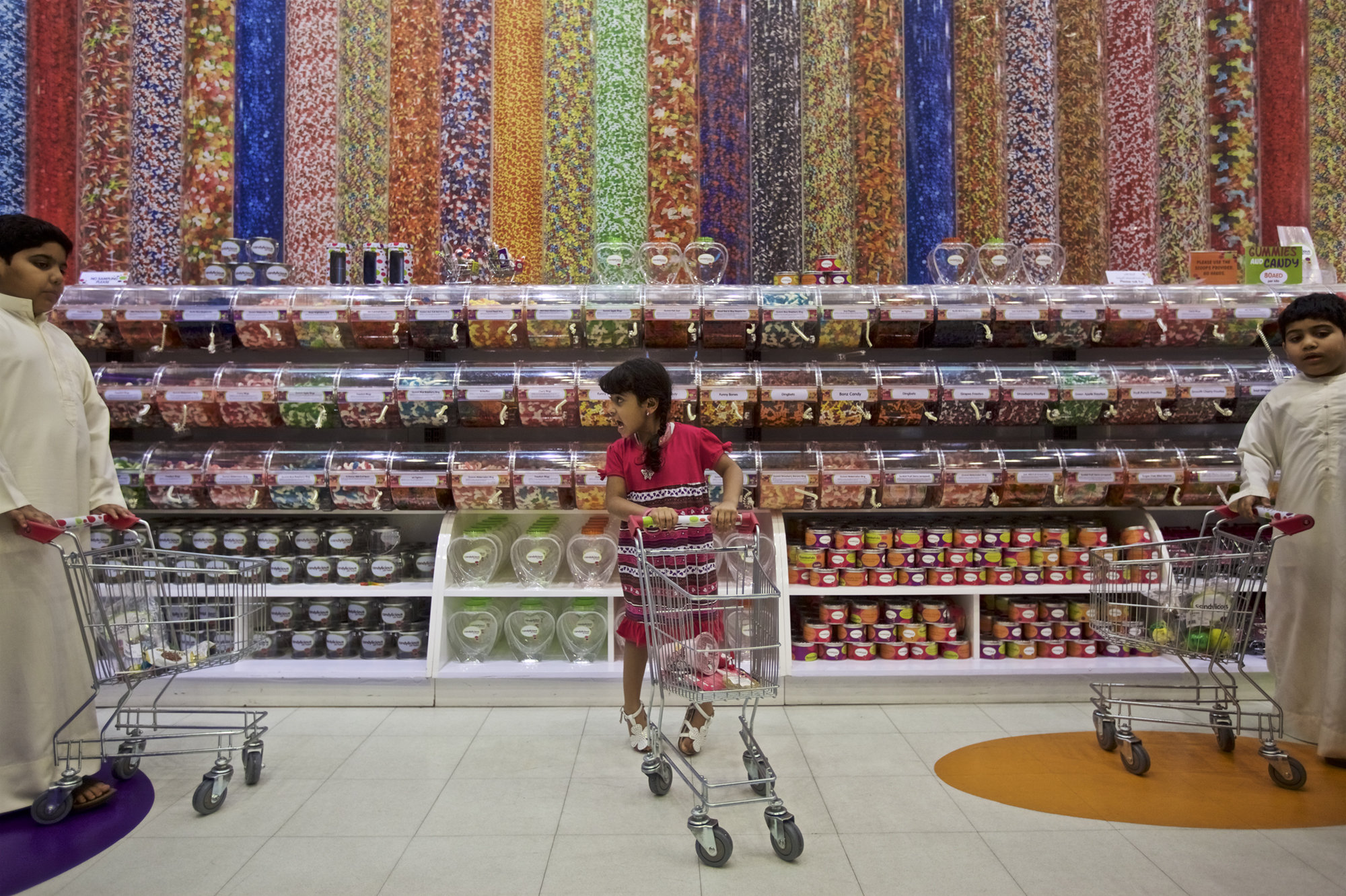 Friday, August 16, 2019 at 12:45PM
Friday, August 16, 2019 at 12:45PM 'Lithium' Is A Homage To A Drug — And To The Renegade Side Of Science
"Like any good story about a scientific discovery, Walter A. Brown's account of the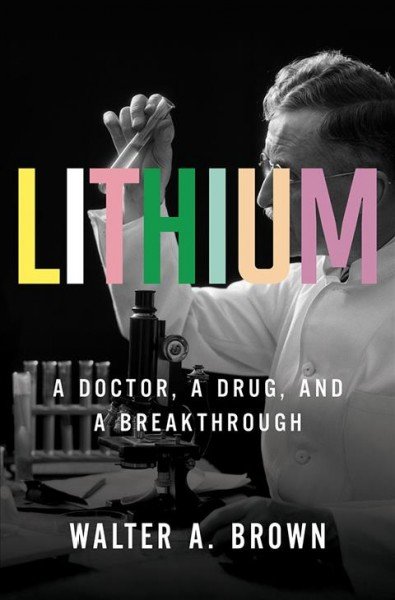 history of lithium features plenty of improvisation, conjecture and straight-up kismet."
history of lithium features plenty of improvisation, conjecture and straight-up kismet."
"Unlike many such stories, though, it also features a fair share of personal bias, senseless puttering and random speculation — on part of these scientific researchers."
"Brown, a practicing psychiatrist and university professor of more than 40 years, seems to have been drawn to write Lithium: A Doctor, A Drug and a Breakthrough as much because of lithium's fluky history and overlooked importance (for many years, he argues, it was "the Cinderella of psychiatric drugs") as by the profound impact it's had on countless sufferers of bipolar disorder and depression."
"Lithium is a homage, not just to a drug, but to the renegade side of science. Its heroes are researchers scattered around the globe, short on funding and frequently unaware of each other's work, without whom a commonly available substance would never have been recognized as a treatment for one of the most baffling psychiatric illnesses. By celebrating these men, Brown hopes to do a lot more than simply raise awareness about an underappreciated substance. He aims to demolish what remains of the myth that scientific progress is driven by rigorous dispassion."

